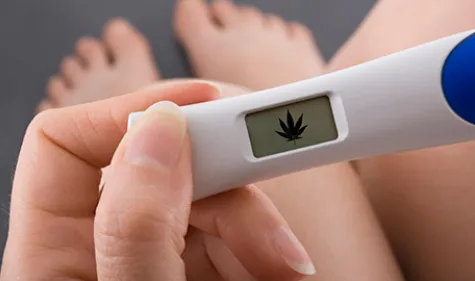
Contrary to common belief, there is no causal link between cannabis use in pregnancy and adverse gestational effects or impaired fetal development. Some poorly designed correlational studies will find the association between cannabis use and preterm birth, or babies being born small for gestational age; however, animal studies show contrary evidence.
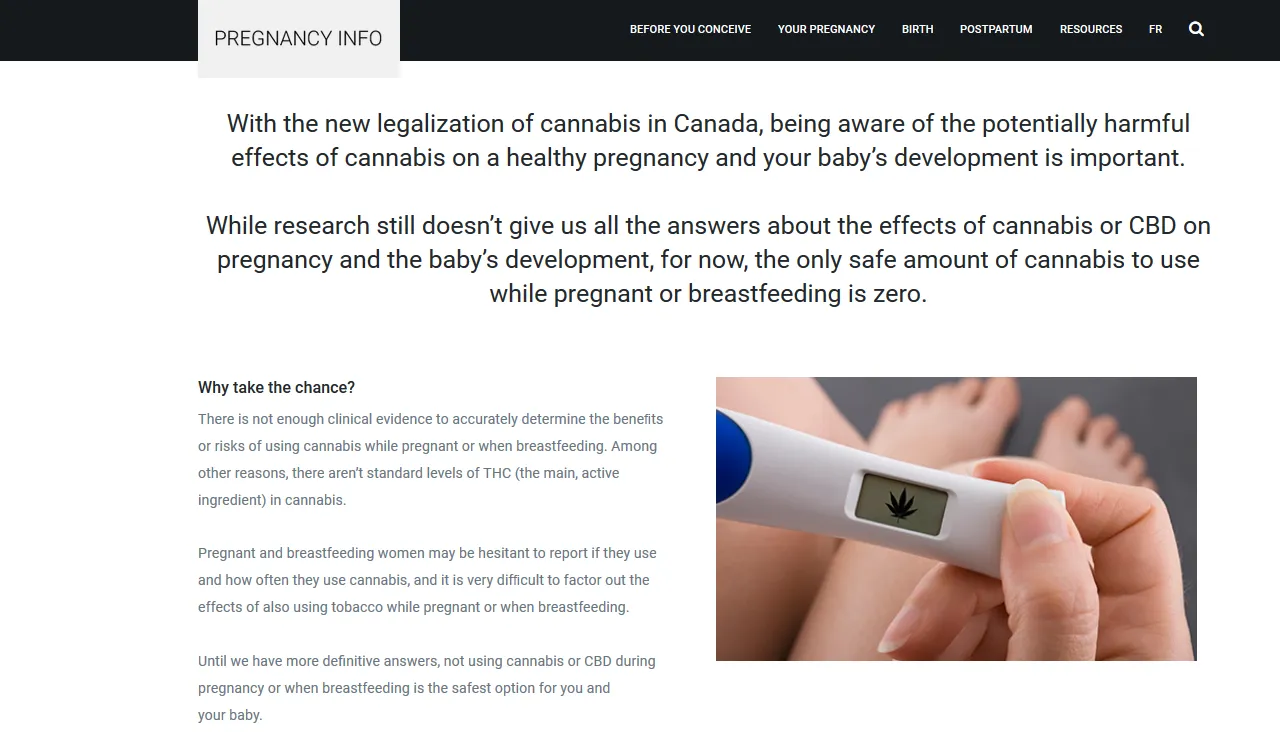
Beware of government literature/propaganda that states a huge list of “may cause” or “can cause” without properly backing it up, because these are weasel words, stating claims because there isn’t a body of evidence to say otherwise. If a reference list is even given for a website or infographic, follow the sources because they will often be outdated, irrelevant, or bad science (poorly designed correlational studies with biased assumptions confounded with other substance use and socioeconomic factors).
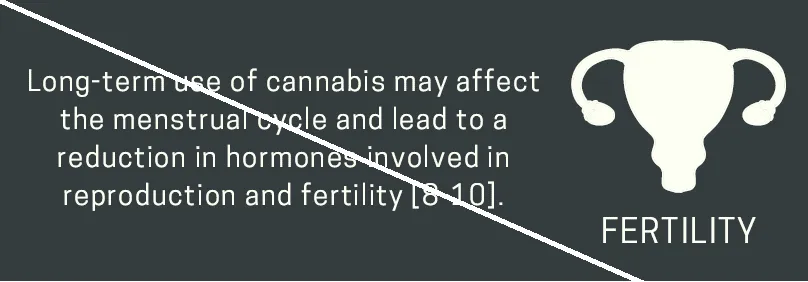
The endocannabinoid system aids pregnancy, starting at fertility and conception. Cannabis crosses the placenta and is present in breast milk in in small quantities, much of which isn’t metabolized by the fetus.
These cannabinoids mimic endocannabinoids already present in the mother’s breast milk, ready to interact with the baby’s endocannabinoid system, which is necessary for feeding, bonding, etc. Prenatal cannabis exposure has not been linked to cognitive delays. Some evidence even shows it may enhance early motor development when used in late gestational period.
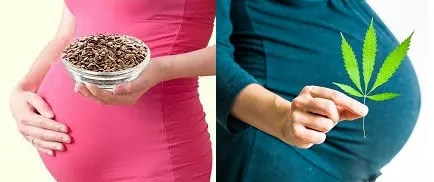
Omega 3 fatty acids also aid in conception and help prevent miscarriage, preterm birth, and low birth weight.
These fatty acids are broken down into EPA, DHA, and ALA.
They are precursors to endocannabinoid synthesis and therefore fetal brain development. They enhance retinal & optical function , and neurodevelopment, especially that which relates to
memory.
Omega 3s also prevent problems in pregnancy such as gestational diabetes, postpartum depression, preeclampsia, and fetal growth restriction. This is all regulated by the endocannabinoid system.
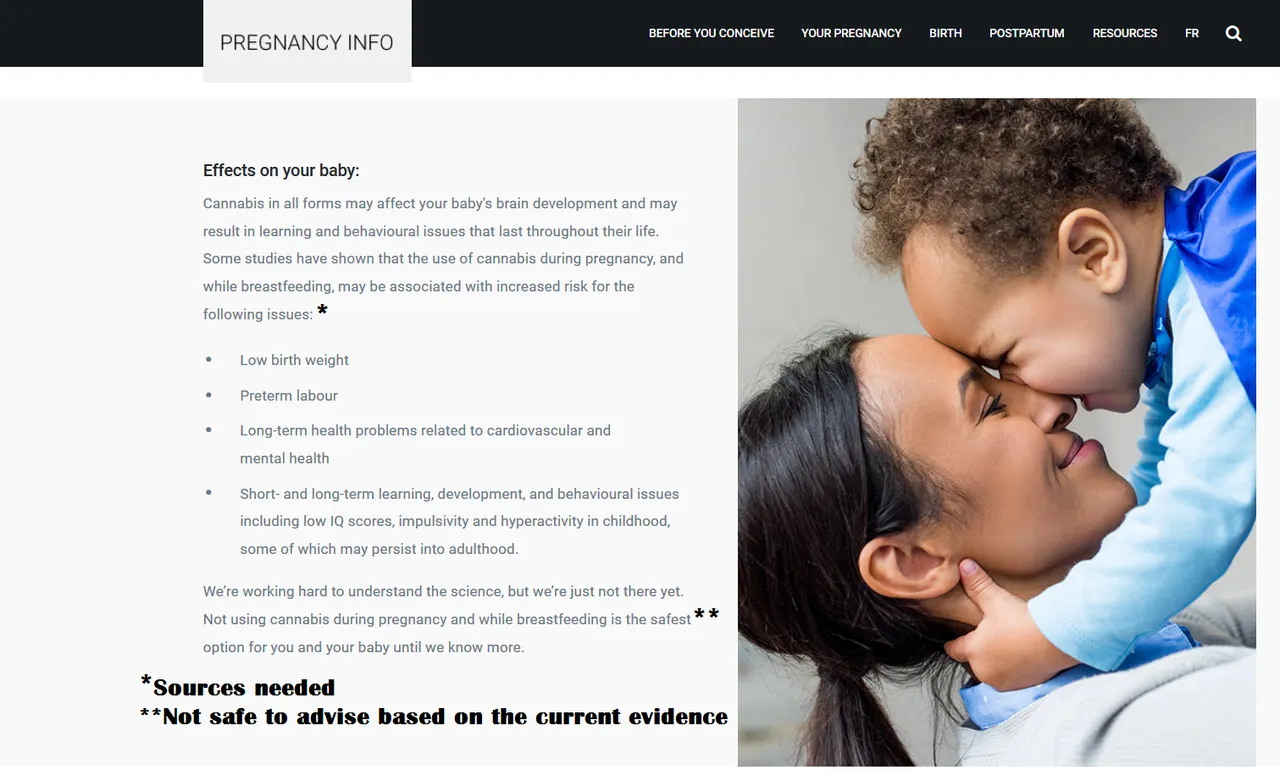
Very little well-controlled research about cannabis and pregnancy has been done in humans. A 1994 Jamaican study found that 1-month old infants of mothers who were heavy cannabis users “had better scores on autonomic stability, quality of alertness, irritability, and self-regulation”.
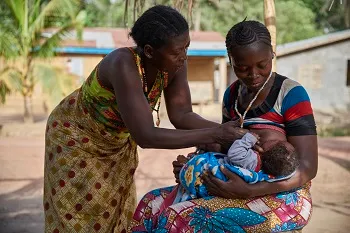
A longitudinal Jamaican study in 1991 also found that one-month olds of cannabis-using mothers “had more favourable scores on two clusters of the Brazelton Scales: autonomic stability and reflexes". At 4 or 5 years of age, development was highly correlated with aspects of home environment and attendance of preschool rather than pre or postnatal cannabis exposure.
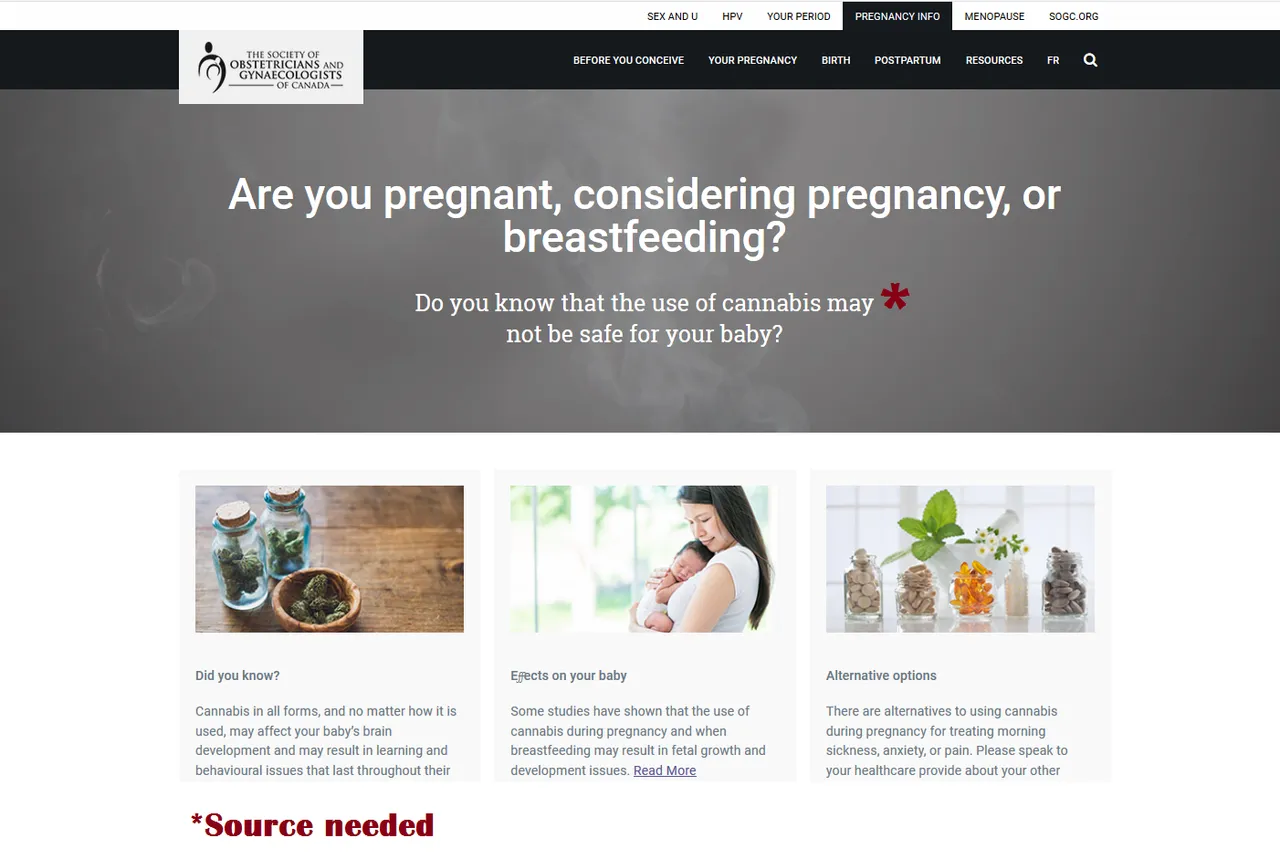
Through regulation of blood glucose and pressure, cannabis can help prevent nausea/vomiting and gestational diseases like high blood pressure leading to preeclampsia or diabetes, all which can cause abnormal birth weight, preterm birth, and complications to mother and child. So, advocating a zero-cannabis-in-pregnancy rule, based on assumptions without evidence, is unscientific and irresponsible, especially to mothers who use cannabis medicinally. Pregnant women who use medicinal cannabis should do their own research and consult Maternal Fetal Medicine specialists.